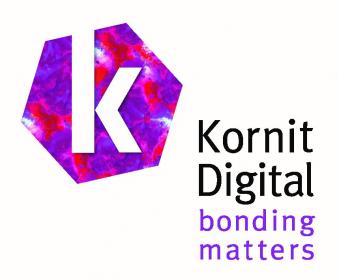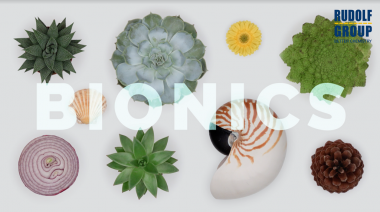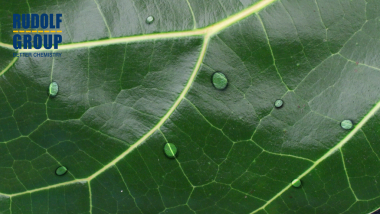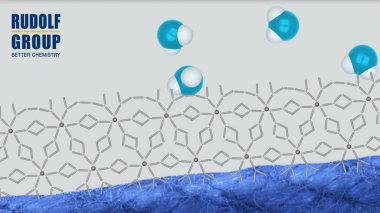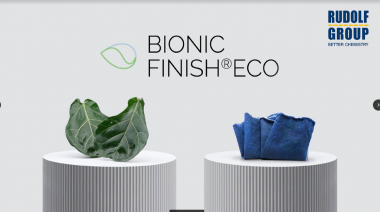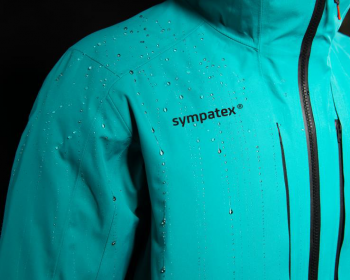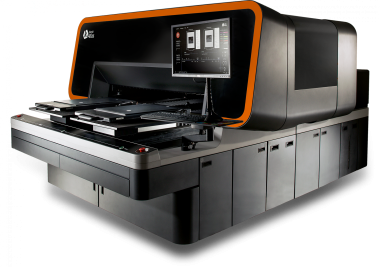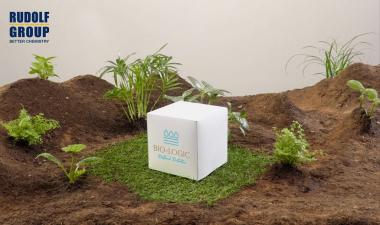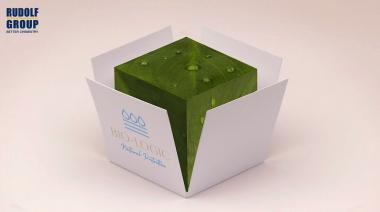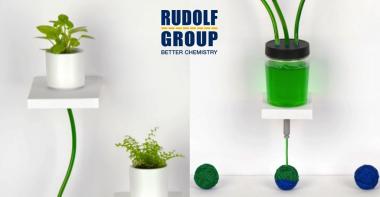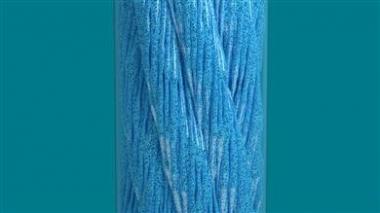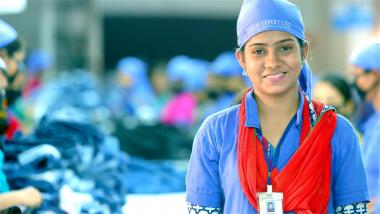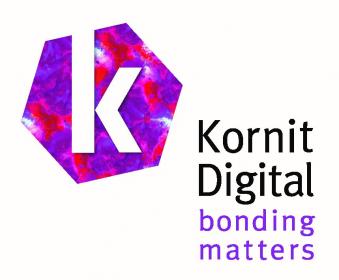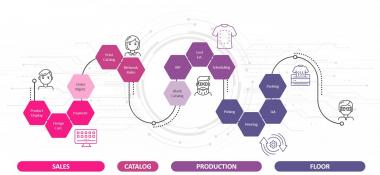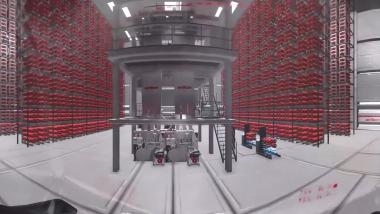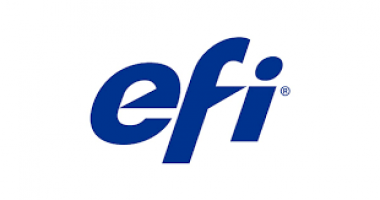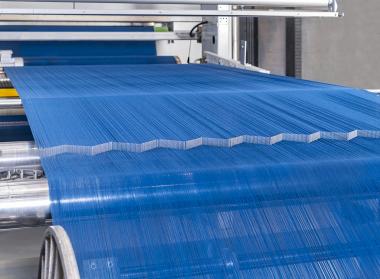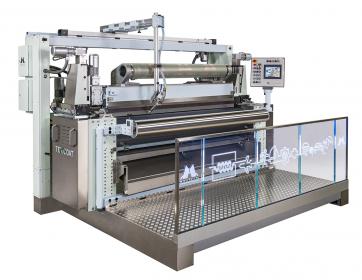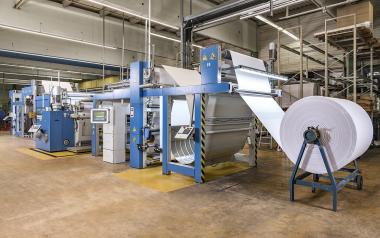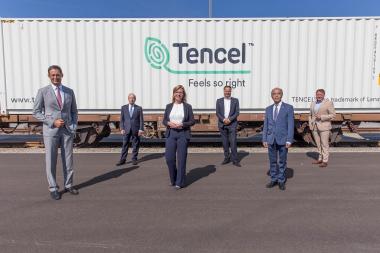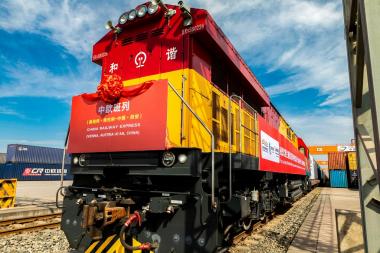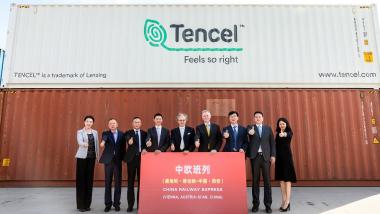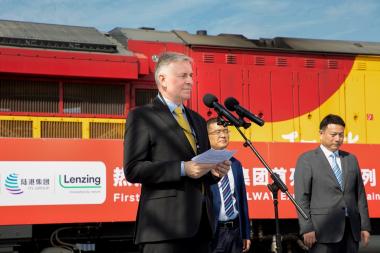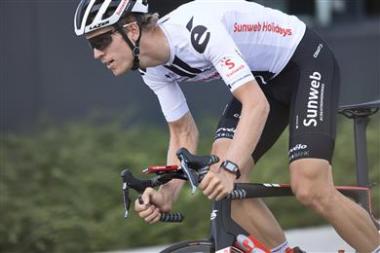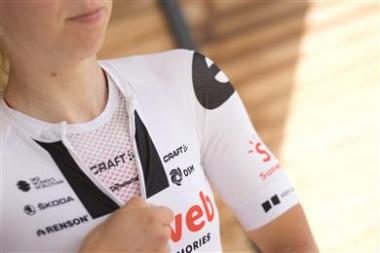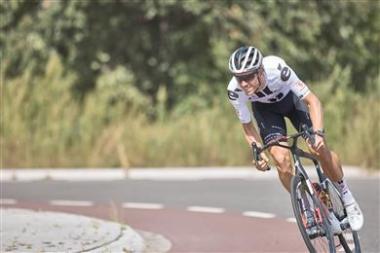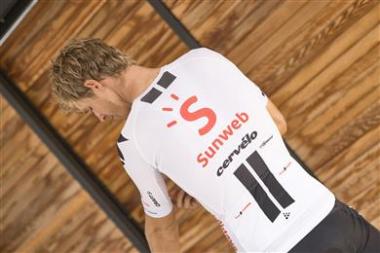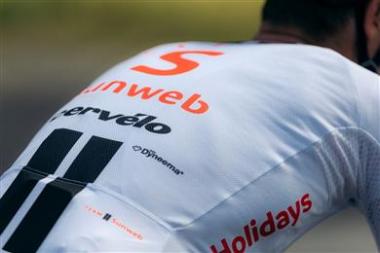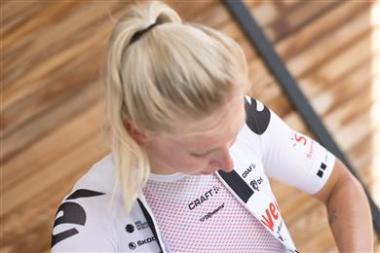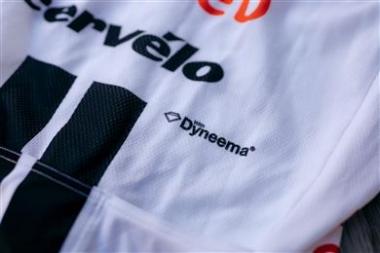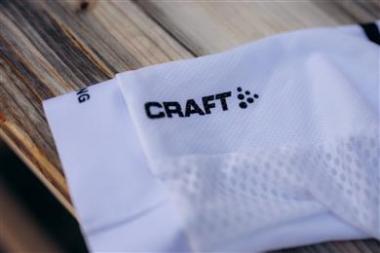Kornit Digital: Tayprint implemented Kornit Avalanche HD6 system for apparel production
Kornit Digital announced United Kingdom-based Tayprint has implemented the Kornit Avalanche HD6 system for efficient, versatile direct-to-garment (DTG) apparel production on demand. This technology effectively replaces the use of screen printing within their operation, reducing their cost per print while making short runs profitable, eliminating inventory and resource waste, speeding production, and ensuring nearly unlimited design capabilities, applied to a broad array of materials, using a single eco-friendly ink set.
While Tayprint predominantly serves as a provider of large-format digital printing, delivering approximately 500,000 square metres of imprinted product annually, they had established a screen-printing operation, as well, generating roughly £200,000 in t-shirt sales per year. While this provided a strong profit channel, screens offered limited growth potential, as order volumes were shrinking, customers demanded quick turnaround, graphic capabilities were limited, and setting up was a drain on both labour and materials. Each of these drawbacks are addressed by Kornit’s on-demand digital production technology, which enables suppliers to imprint apparel in any quantity, using a single-step process, completing the process in mere minutes.
pr4u


